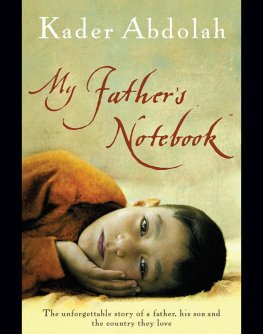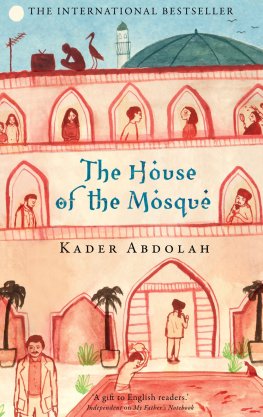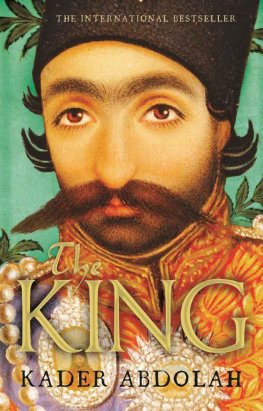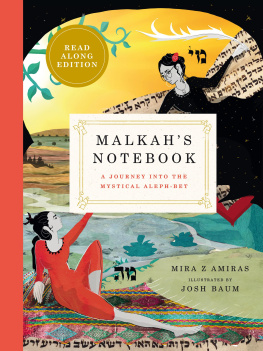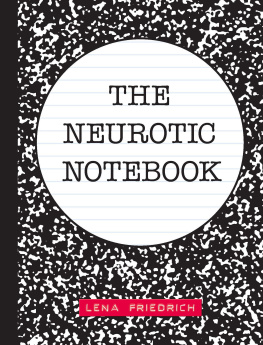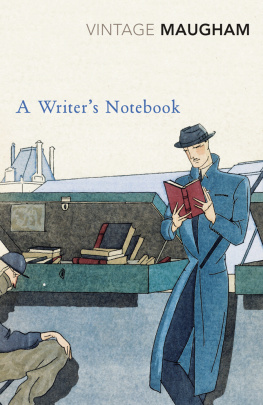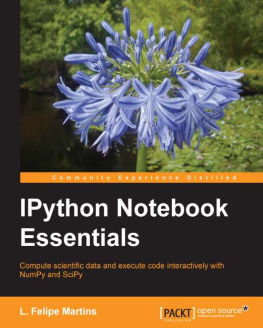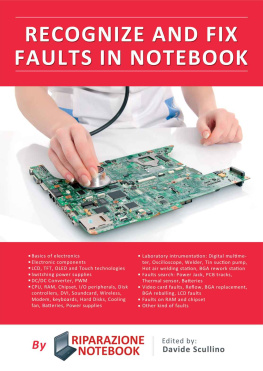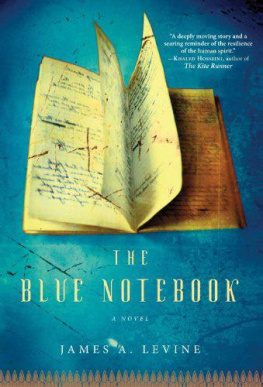Kader Abdolah
My Father's Notebook
And so it went until the men of Kahaf finally sought refuge in the cave. Grant us Thy mercy, they said.
In that cave We covered their ears and their eyes for years.
And when the sun came up, the men saw it rise to the right of the cave. And when the sun went down, the men saw it set to the left, while they were in the space in between.
They thought they were awake, but they were asleep.
And We turned them to the right and to the left.
Some said, There were three of them, and a fourth watched over them.
Others, hazarding a guess, said, There were five of them, and a sixth watched over them.
And there were those who said, There were seven of them. No one knew.
We woke them, so that they might question one another.
One of them spoke: We have been here for a day or part of a day. Another said: Allah alone knows how long we have been here. It would be best to send one of us to the city with this silver coin. We must be careful. If they find out who we are, they will stone us.
Jemiliga then left the cave with the silver coin in the palm of his hand.
When he reached the city, he saw that everything had changed and that he did not understand the language.
They had slept in the cave for three hundred years and did not even know it. And some say there were nine more.
This was Gods word, Gods story. And The Cave was one of the stories in the Holy Book in Aga Akbars house.
We have started with His word before trying to decipher Aga Akbars secret notebook.
There are two of us, Ishmael and I. Im the omniscient narrator. Ishmael is the son of Aga Akbar, who was a deaf-mute.
Even though Im omniscient, I cant read Aga Akbars notes, so Im going to tell the story up to Ishmaels birth, then leave the rest to him. But Ill come back again at the end, because Ishmael cant decipher the last part of his fathers notebook.

From Amsterdam it takes a good five hours to fly to Tehran. Then you have to travel another four and a half hours by train to see the magical mountains of the city of Senejan loom up, like an age-old secret, before your eyes.
Senejan itself is not beautiful and has no history to speak of.
In the autumn an icy wind whips through the streets, and the snowy mountaintops form a never-changing backdrop.
Senejan has no special foods or products. And since the Shirpala River has dried up, the children play in the riverbed to their hearts content. The mothers keep a watchful eye on them throughout the day to make sure no strangers lure them into the hollows.
The citys only poet of significance long since dead once wrote a poem about Senejan. Its about the wind that carries the sand in from the desert and deposits it on the inhabitants heads:
Oh wind, oh wind, alas theres sand in my eyes,
Oh my heart, oh my heart, half-filled with sand.
Alas, theres a tiny grain of sand on her lip.
Sand in my eyes, and oh God, her rosy lips.
The rest of the poem goes on in much the same vein.
The rest of the poem goes on in much the same vein.
Whenever a poetry reading was held in one of the buildings in the old bazaar, it was bound to be attended by old men rhyming about the mountains. Their favourite topic was an ancient cuneiform relief that dated back to the time of the Sassanids.
An Anthony Quinn movie about Muhammad was once shown in Senejan. It was quite an event. Thousands of country bumpkins who didnt know what a movie theatre was rode their mules through the mountains to stare in wonder at Muhammad, Messenger of God.
Hundreds of mules were tethered in the marketplace. The authorities were beside themselves. For three months the doors of the movie theatre were open night and day, while the mules ate hay from the municipal troughs.
Although Senejan didnt figure prominently in the nations history, the surrounding villages did. They brought forth men who made history. One of these was a great poet, Qaem Maqam Farahani, whose poetry everyone knows by heart:
Khoda-ya, rast guyand fetna az to-ast
wali az tars na-tavanam chegidan
lab-o dandan-e torkan-e Khata-ra
beh een khubi na bayad afaridan.
Though I would never dare to say it aloud, God,
The truth is that You are a mischief-maker,
Or You would not have made the lips and teeth
Of the Khata women as beautiful as they are.
The girls born in these villages make the most beautiful Persian carpets. Magic carpets you can fly on. Really fly on. This is where the famous magic carpets come from.
Aga Akbar was not born in Senejan, but in one of these villages. In Jirya. A village covered with almond blossoms in the spring and with almonds in the fall.
Aga Akbar was born a deaf-mute. The family, especially his mother, communicated with him in a simple sign language. A language that consisted of about a hundred signs. A language that worked best at home, with the family, though the neighbors also understood it to some extent. But the power of that language manifested itself most in the communication between Mother and Aga, and later between Aga and Ishmael.
Aga Akbar knew nothing of the world at large, though he did understand simple concepts. He knew that the sun shone and made him feel warm, but he didnt know, for example, that the sun was a ball of fire. Nor did he realise that without the sun there would be no life. Or that the sun would one day go out forever, like a lamp that had run out of oil.
He didnt understand why the moon was small, then gradually got bigger. He knew nothing about gravity, had never heard of Archimedes. He had no way of knowing that the Persian language consists of thirty-two letters: alef, beh, peh, teh, seh, jeem, cheh, heh, kheh, daal, zaal, reh, zeh, zheh, seen, sheen, sad, zad, taa, zaa, eyn, gheyn, faa, qaf, kaf, gaf, lam, meen, noon, vaav, haa, and ye. The peh as in perestow (swallow), the kheh as in khorma (date), the taa as in talebi (melon), and the eyn as in eshq (love).
His world was the world of his past, of things that had happened to him, of things he had learned, of his memories.
Weeks, months, and years were a mystery to him. When, for example, had he first seen that strange object in the sky? Time meant nothing to him.
Aga Akbars village was remote. Very little went on in Jirya. There wasnt a trace of the modern world: no bicycles, no sewing machines.
One day, when Aga Akbar was a little boy, he was standing in a grassy meadow helping his brother, who was a shepherd, tend a flock of sheep. Suddenly their dog leapt onto a rock and stared upwards.
It was the first time a plane had flown over the village. It may, in fact, have been the very first plane to fly over Persian airspace.
Later those silver objects appeared above the village often. The children then raced up to the roofs and chanted in unison:
Hey, odd-looking iron bird,
come sit in our almond tree
and perch in our village square.
What are they chanting? young Aga Akbar asked his mother.
Theyre asking the iron bird to come sit in the tree.
But it cant.
Yes, they know that, but theyre imagining it can.
What does imagining mean?
Just thinking. In their minds they see the iron bird sitting in the tree.
Aga Akbar knew that when his mother couldnt explain something, he should stop asking questions and simply accept it.

